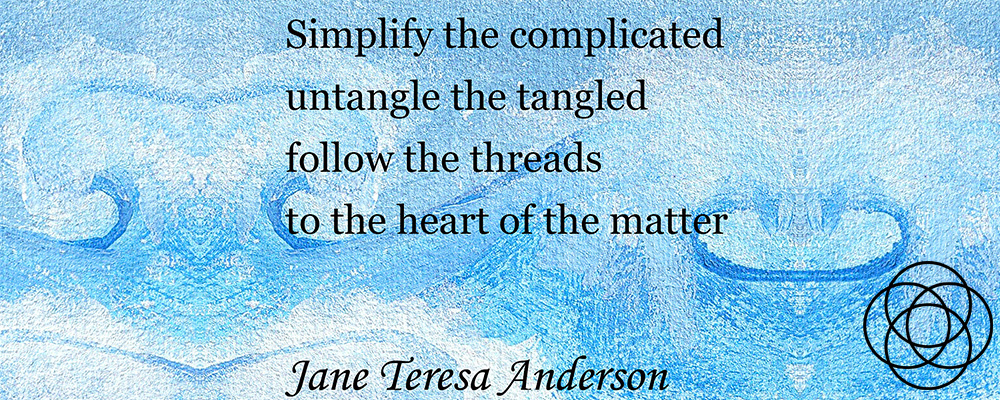“I’ll show you the back garden,” said Marion, leading me through her laundry, past her noisy rumbling tumbling washing machine, to the side door. This was several years ago, and I was going to keep a neighbourly eye on her roses while she was away for a week.
I followed Marion down the side path toward the rose garden. “When you get to this point, hold your right hand up like this,” she instructed, gesturing like a policeman stopping the traffic. It seemed a bit odd, but I’m glad that I did, because at that moment a gush of soapy water spurted from a hose tacked to the side of the house, and my hand was perfectly positioned to deflect the water and keep me dry.
It was a very small thing, but it stuck in my mind. The hose had been rigged up during the drought to carry the grey used water from the washing machine to the roses, and it turned out that the holes in the hose had been there for years, so long in fact, that Marion knew the exact point in the path to hold up her hand and the exact angle to flex her palm to keep herself dry. She seemed pretty pleased with her technique and accuracy.
I was completely baffled as to why no-one had mended the holes in the hose, or bought a new one.
I don’t know whether Marion had just got used to the slightly kooky routine and lost sight of the simple fix, or whether she had a vested interest in keeping the problem of the leaky hose alive. Did it give her a continuing opportunity to remind her husband of all the things he hadn’t done around the house (or, more poignantly, hadn’t done for her), or to build her case, on which she had expressed herself quite eloquently while failing to make any progress, to move to a new apartment in the city and leave everything that was falling apart behind? I conjecture to make a point, not about Marion, but about all of us, and the complicated ways we live our lives, knowingly or, as is more often the case, blindly.
Good habits make life easier or healthier for us. Other habits – like Marion’s – may be complicated ways of avoiding resolving the heart of the matter, or deceiving ourselves about what’s really at stake.
“Oh! what a tangled web we weave
When first we practise to deceive!”
– Sir Walter Scott (Marmion).
Scott’s famous lines apply to the inner world as much as the outer.
We all want to resolve issues, of course we do, but often we just don’t know how, or we fear facing the real source of the pain that we’ve worked so hard to bury. So we continue with our complicated ways of side-stepping the issue, or deflecting the anticipated pain by raising a ‘don’t go there’ palm to protect the heart from a soaking.
Much of my work in dream analysis is about identifying the tangled webs of unconscious beliefs and feelings that we build over a lifetime to avoid healing the heart of a matter.
Simplify the complicated
untangle the tangled
follow the threads
to the heart of the matter
The joy of the work is witnessing the immense release and relief when the dreamer frees their heart from hostage.
Behind every complication is a simple truth. What’s yours?
Here’s an alchemy practice for you to do to find out.
Look around your life – maybe at home, or at work, or at play – to find a practical situation that is, on reflection, a bit complicated. It might be the way your kitchen cupboards are organised so that you always have to bend down to fetch crockery you use a lot that would be much better placed at eye level. It might be the five-step security system you’ve got on your work email that keeps locking you out of business. It might be your determination to remain loyal to a gym in your old neighbourhood that takes you a traffic jam length of time to get to after work when there is a new gym two blocks away from home. It might be the tasks you need to get done at the weekend that leave you with little time for being with friends. It might be the way you organise your computer files, or the way that you don’t organise your computer files.
You only need one situation, and the alchemy works best if you choose one that’s only a little bit complicated. You know what to do next: simplify the complicated. Rearrange the kitchen cupboards, or try out the gym two blocks away, or declutter and rearrange your computer files.
What you do in your outer world reflects in your inner world. As you simplify and untangle your outer world, you begin to simplify and untangle in your inner world. The heart of the matter becomes clearer to you, you suddenly know what to do, and life lightens.

